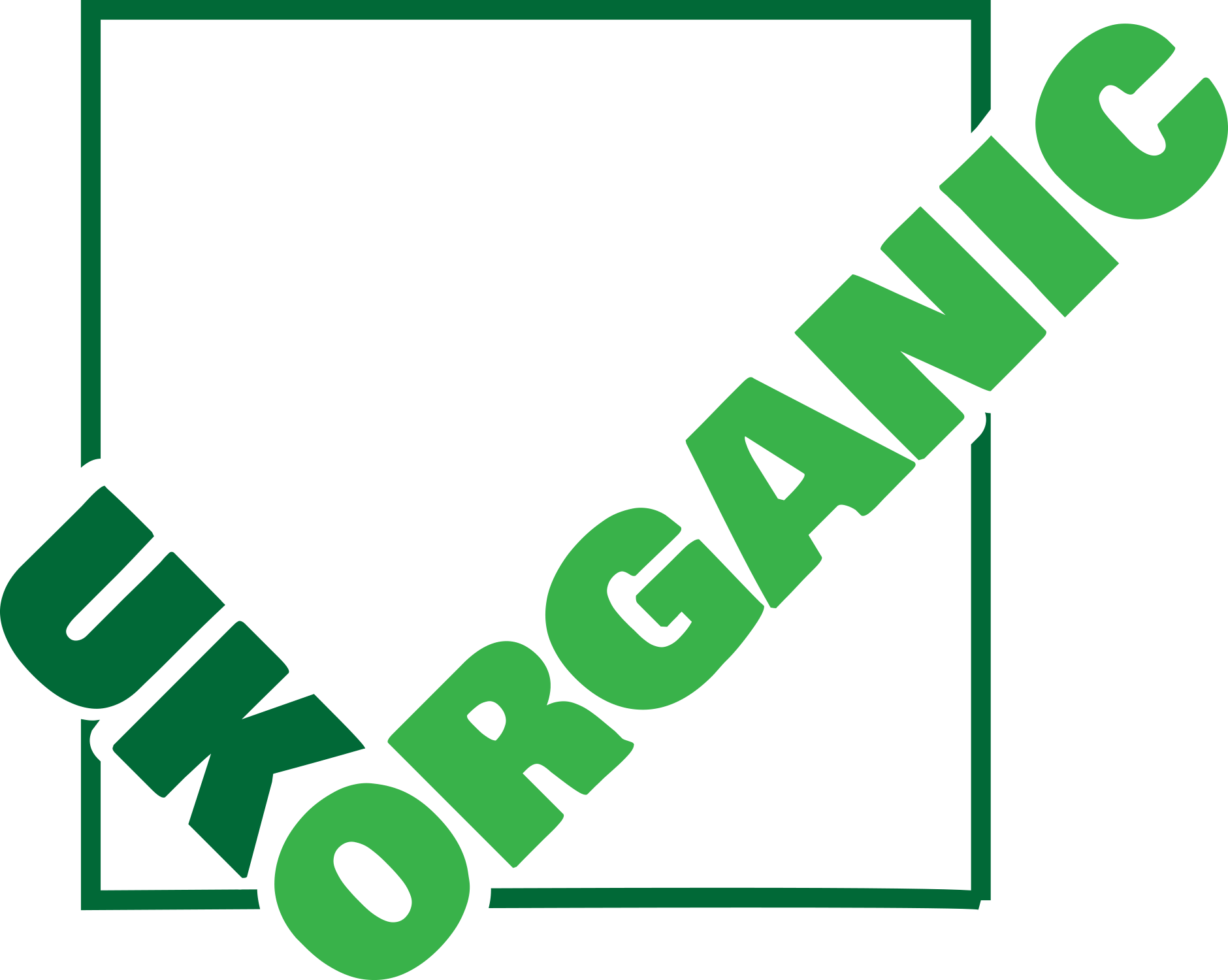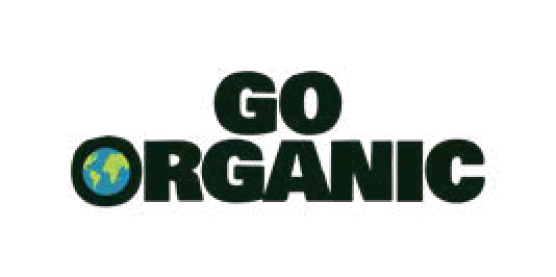Traidcraft is celebrating its 40th birthday in 2019 so we caught up with their CEO, Robin Roth to find out how the organisation began and what the plans are for the next 40 years.
How it all started
Traidcraft was set up in 1979, though its work had been going on for a few years before. A group of 6-8 people led by Richard Adams were contacted by Tearfund who were chartering a plane with flood relief to Dhaka in Bangladesh. The plane would be returning to the UK empty and they wanted to find a way to utilise this return journey, so it wasn’t a waste of fuel.
Richard and his team flew out to Bangladesh a few weeks before the plane was due to arrive and found a partner to source products from to send back to the UK. They filled the plane up with jute plant potholders and came back to the UK to sell to the public. Of course, they hadn’t done market research to find out if people would actually buy the jute. There was no five-year business plan and in Robin’s words “these are acts of militant genius and it worked.”
Access to the global market
The Traidcraft pioneers were part of an alternative movement in the UK looking for a different way of trading. In the early days no-one talked about “Fairtrade”. It was all about “Alternative Trade” and the aim was to create alternative supply chains to the supermarkets.
The vision was and is to provide a platform within the globalised economy for small producers who use a bit of their land for cash crops and for craftsmen to sell their products at a fair price.
Robin said:“I wouldn’t want to describe the organisation as party political, food is politics, its production is responsible for 35% of global greenhouse gases and it is the tool used by large powers to pressure smaller power. If we campaign and lobby then it’s where policy has an effect on the small producers we work with.”
You can find more of the organisation’s history here.
Bottom up
In many cases, contacts in developed countries were approached by producers and their representatives in developing countries. “Some of the most extraordinary Fairtrade heroes you will meet are co-operative leaders from places like Bolivia, Peru and Sri Lanka. They are absolute pioneers,” explains Robin.
“These are the people who had a real vision early on for circular economy or organic farming and their message hit fertile ground in Germany. Where farmers in developing countries had a message about poverty alleviation and making good for the sins of the past (colonialism) this found fruitful ground in the UK. So, they came looking for us as much as we went looking for them and it was very many different marriages and many different levels of love that took place and developed into what we now know as Fairtrade.”
Recent restructuring
Sales at Traidcraft had been dropping for a number of years – the easy availability of Fairtrade labelled products in many supermarkets seemed to imply that a specialist in the field was no longer needed. At the end of 2018 Traidcraft underwent a long overdue restructuring where full time office staff numbers were reduced from 78 to 7 plus some colleagues in the warehouse on temporary contracts until a third party warehousing provider could be found. Robin struggled: “In the dark days of November 2018 I wasn’t sure if we were going to make it. They say if you are lucky with your colleagues you have the greatest luck of all. Even though I was going through the mill, a lot of staff were fighting to make the continuation of the business possible.”
“At the end of the year we found the turnover figures were not as bad as expected and were able to offer temporary warehouse staff permanent positions, this was important as some had been with Traidcraft for 25 years.”
A large part of the vision involves cultural change, and instead of a hierarchical structure, they are adopting a holacracic approach. The holacracy principle means that employees are 100% responsible for their various roles and work and there is no traditional management. There are certain caveats, so it’s not a free-for all. It might sound anarchic but it’s actually well-structured and was part of the systemic change that was needed.[1]
Organic expansion
Robin and his team plan to take the business forward in a way that is positive for the environment and addresses overconsumption. They will be working to encourage people to “consume less and better” which aligns with organic production. Traidcraft already buys a lot of organic produce and this will accelerate going forward.
Robin is passionate about organic farming: “True organic is a very complex, highly scientific, developed form of farming which involves composting, recycling waste products from the farm, using solar energy as a primary energy source. It involves using a small number of animals to forage the grass while supporting biodiversity and avoiding monocropping. It’s a holistic way of living and producing where you put back into the soil as much as you take out.”
Traidcraft is keen to work with partners to create fair trade products within the UK, so that producers are paid a fair price. “If we want to restore Great Britain as a country that reduces carbon then farming is a huge part of our solution.”
Nearly all the products that you think of as “Fairtrade” were developed from supply chains that Traidcraft initiated – such as coffee, tea, sugar, chocolate. Traidcraft has also developed a number of supply chains which are not part of the classic Fairtrade certification system.
Fairtrade Palm Oil
Traidcraft along with other organisations has invested in a Ghanaian co-operative that harvests palm oil within a bio-diverse, multi-cropping farming system. Palm oil is an important cash crop for these farmers. If consumers look for the Fair Palm Oil label on Traidcraft products they will know it’s produced ethically and by buying the product they are supporting small producers. Robin says: “The scheme demonstrates that it is possible to do palm oil well if you are prepared to pay the price and it’s possible to do it really badly which is the way most palm oil is produced.”
At the moment they have a range of organic products including the only organic Fairtrade coconut milk on sale in the UK, chocolate, coffee, marmalade, jam, pasta, dried fruit, nuts, olive oil, cous cous, tropical wholefoods organic bars and clothing!
If you would like to find out more about stocking Traidcraft organic products, email here.
To find out more about Traidcraft click here.





Traidcraft Tuk Tuk photographed in Newcastle. The founders originally drove the tuk tuk every weekend, to spread the word of fair trade in the UK, to advertise and sell products. This short video will tell you everything you need to know about its relevance.

Robin Roth: Traidcraft CEO

This is Martha Mhango. By selling coffee, she has been able to buy more for her house and an iron roof, and she is saving up for electricity. She wants to change the old culture, so that women take an active role in growing coffee and in receiving income from it. For more info, see here.

The journey all started as a beekeeper project in the 1980s, funded by the church during the Pinochet regime, but became an official APICOOP co-operative in 1997 and has since been a long-standing supplier of Traidcraft honey. To read more see here. Two of our three Traidcraft Honeys are Organic.

Valdivia region of South America. Due to the recent global economic changes, it became too risky for the APICOOP co-operative to concentrate solely on one product (honey). So, more recently, through support from Traidcraft, APICOOP has diversified their expertise into dried blueberries.

Asha are based in India, supporting the lives of artisans who lovingly create their products. In Sanskrit, Asha translates as ‘hope’, which is exactly what the organisation gives to 1,000s of craftspeople who have inherited their artistic methods from generations before them. For more info see here.

This is the factory where Crisil glassware is made in Cochabamba, Bolivia. Ninety artisan glassworkers work here, who are trained and insured, and ongoing learning opportunities to develop craft skills. The workshops are places of collaboration, where glassworkers, regardless of class, place of origin or gender, can produce works of art together. This makes for a completely diverse workforce, with people from different social groups and ethnic backgrounds coming together to share their skills. All glasses from this family run business are made from recycled glass. Read more here.


